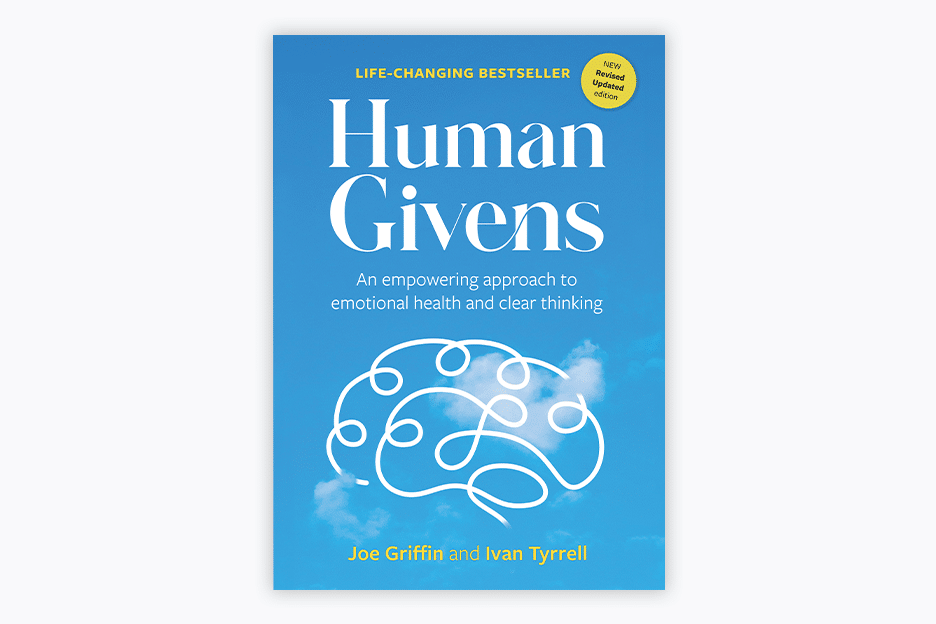Effective Therapists Don’t Just Listen
They must do a lot more than that.
Key points:
- It is common to want to keep talking to friends about emotionally upsetting events in our lives.
- But this unloading can lead to compassion failure and a loss of ability to problem solve.
- Effective therapists don’t just listen; they help clients find practical ways to cope with their concerns.
‘I thought I had better arrange to see a therapist,’ Avril told me, ‘because you can’t keep going on and on to your friends about the same old thing, can you? They get sick of it! Whereas you…’ Then she smiled at me and said, ‘You’re paid to listen, aren’t you?’
Yes and no, in that order.
Belgian psychologist Bernard Rimé once investigated how often people offloaded about an upsetting situation to others. It turned out to be a lot. The more intense the emotion experienced, the more people wanted to talk about it—over days, weeks, months, and even years. He found the same result across continents and cultures, the only exception being for the emotion of shame, which people tended to want to keep to themselves.1
Psychologist Ethan Kross refers to this experiment in his book Chatter: The voice in our head and how to harness it. What’s more, he says, over-venting in this way makes people less capable of solving problems.2
And that is why my second answer to Avril’s question is no. I am not paid to listen. I do not present myself as someone who will listen, but as someone who, having listened, will help people to address the problems holding them back in their lives.
It is why the emphasis in the human givens approach is to bring people out of unhealthy, repeated self-talk: ‘I’ll never find a decent partner’; ‘I don’t have the confidence to stand up for myself’; ‘Things will always go wrong for me’—and help them see the bigger picture.
This article was first published on Psychology Today, and was written by Denise Winn.


